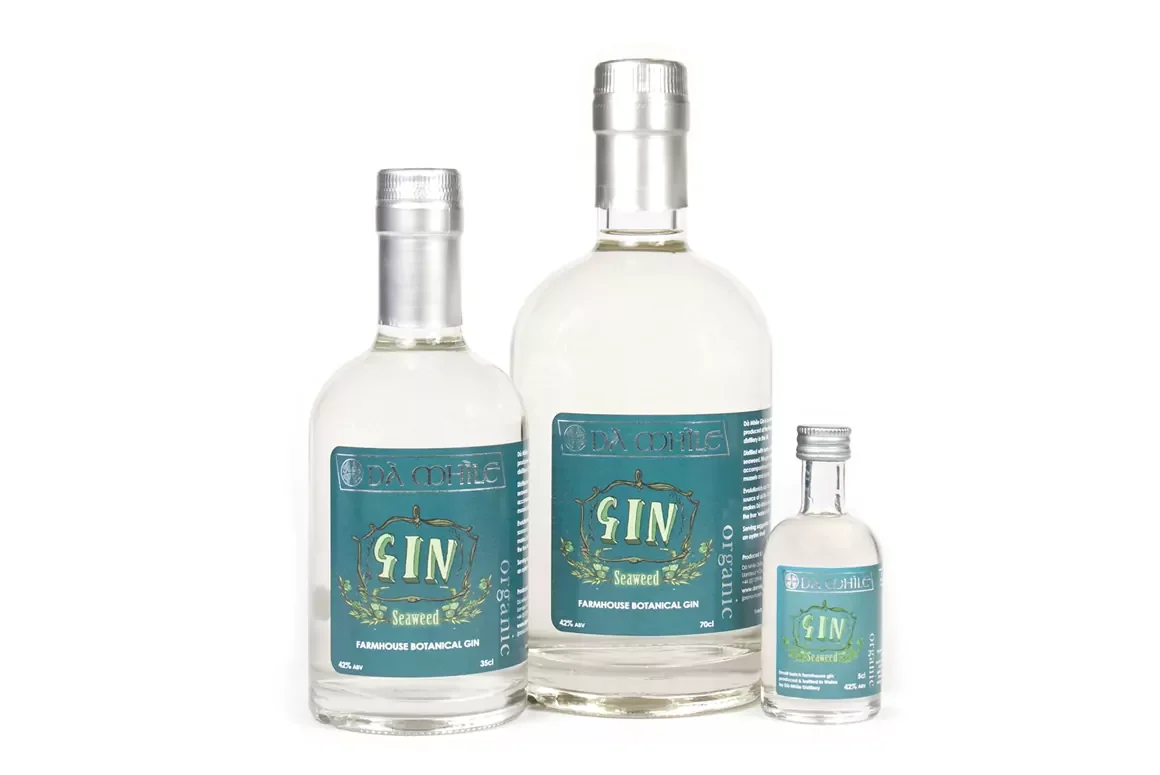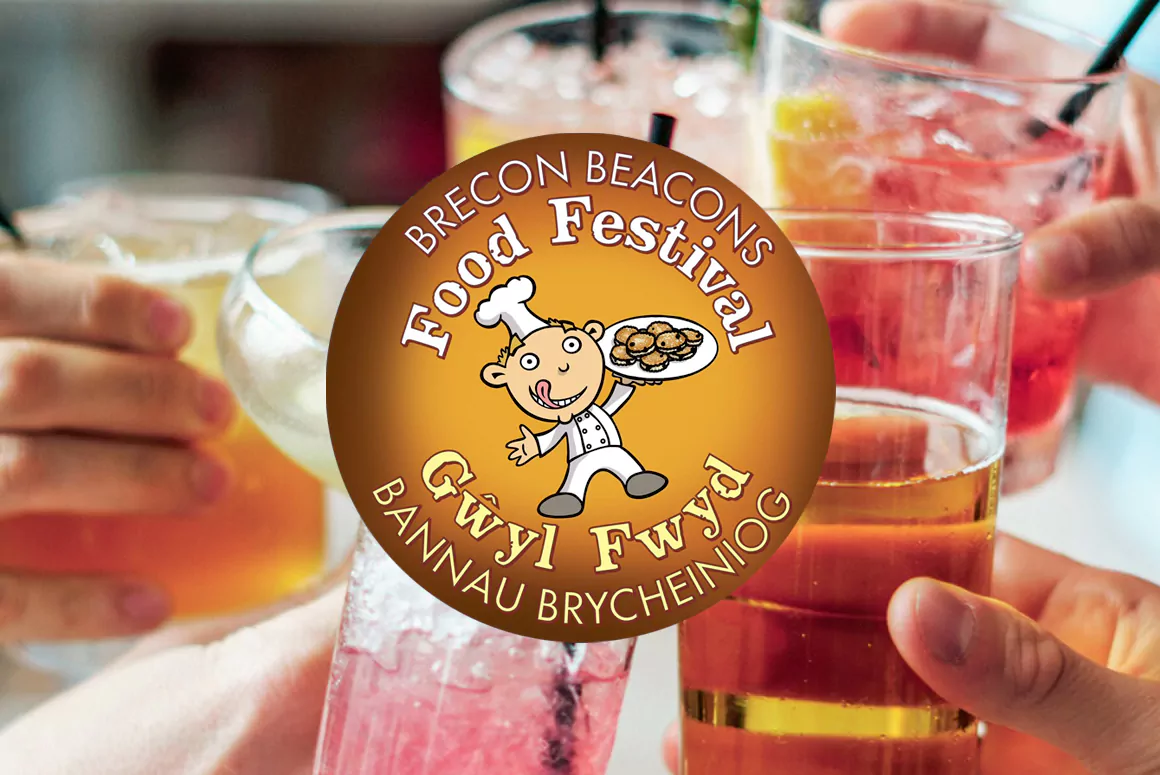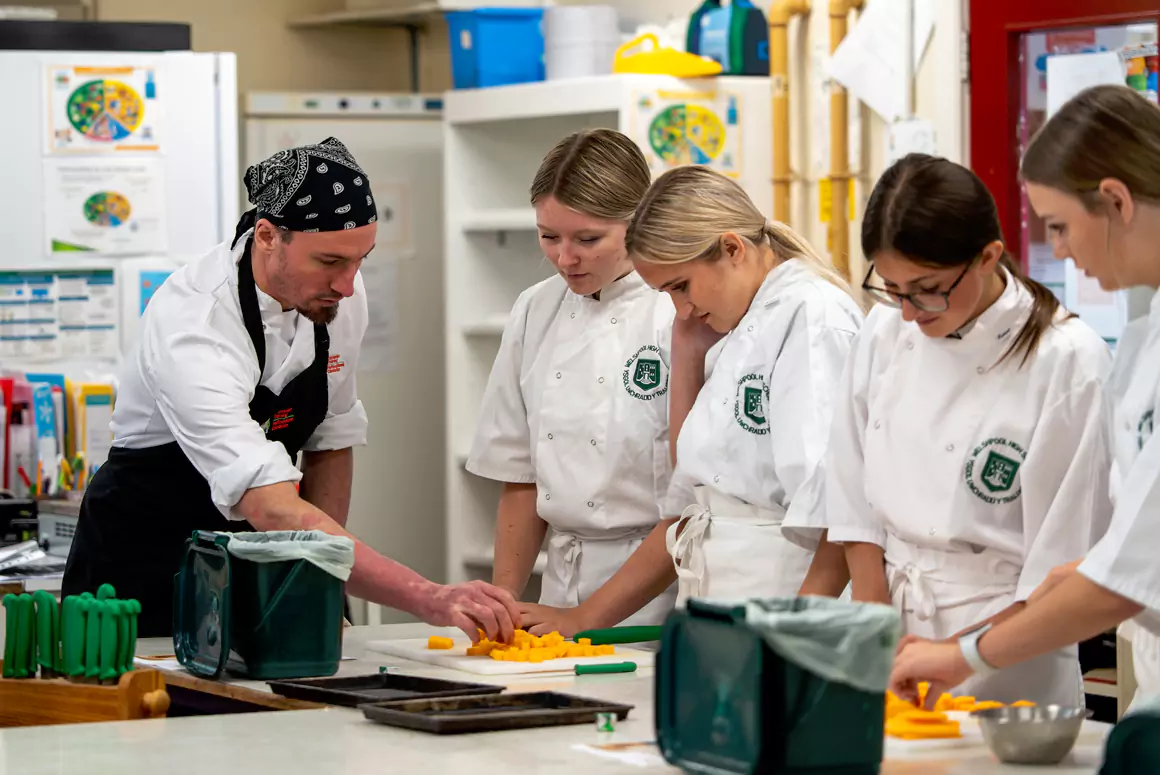Seaweed has been seen in salads or eaten as a healthy snack, but many Welsh food and drink companies are now preparing it in the most unique and wonderful way.
Seaweed is more nutrient dense than any other land vegetables and is an excellent source of micronutrients including folate, calcium, magnesium, zinc, iron, and selenium. More importantly, seaweed is a great source of iodine which helps with digestion and is key to protecting against chronic illnesses such as cancer and digestive diseases.
Sourced from some of the most beautiful landscapes in Britain, Welsh businesses are pioneering seaweed as the new superfood trend to take over kale. The popular sea vegetable can now be found in all kinds of forms from cheese and laverbread all the way to gin and beer.
Seaweed is a delicacy born and bred in Wales that dates back to 12th century Pembrokeshire, however over the past few years, Welsh coastal food and drink companies have become known for incorporating this unique ingredient into their products. The organic distillery Dà Mhìle have created their very own seaweed gin, whereas Caws Teifi Cheese have recently started adding seaweed cheese to their award-winning repertoire.
Always innovating Welsh coastal business, The Pembrokeshire Beachfood Company have introduced their Dulse Seaweed Flakes. An easy and delicious way to introduce Seaweed into everyday cooking, simply sprinkle over roast potatoes or cook into savoury scones and bread.
Not forgetting the traditional Welsh delicacy laverbread, often eaten with oatmeal or on a slice of hot buttered toast is another example of including seaweed into diets. Parson’s Pickles, a company that started out pickling cockles and mussels to preserve the delicacy are also renowned for producing the traditional laverbread to West Wales and beyond.
Laverbread is made with Welsh seaweed. The process begins by gathering seaweed from the picturesque Welsh coastline, the edible sea vegetable is then thoroughly washed and cooked until it becomes soft. It is then minced to convert it into a paste like texture and Bob’s your Uncle. This laver is nutritious, very low in calories, rich in protein, contains iodine and is loaded with vitamins. Not only this, but it is also said to have been eaten by the Vikings as a survival food!





